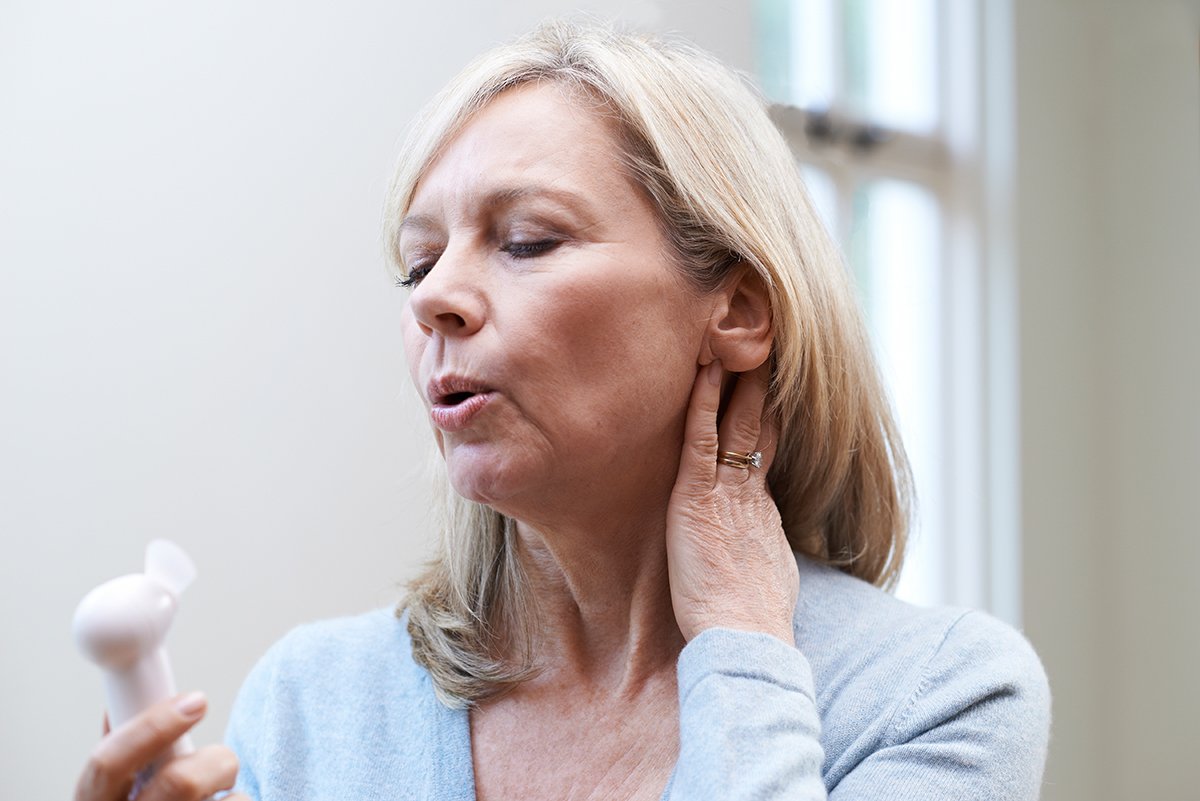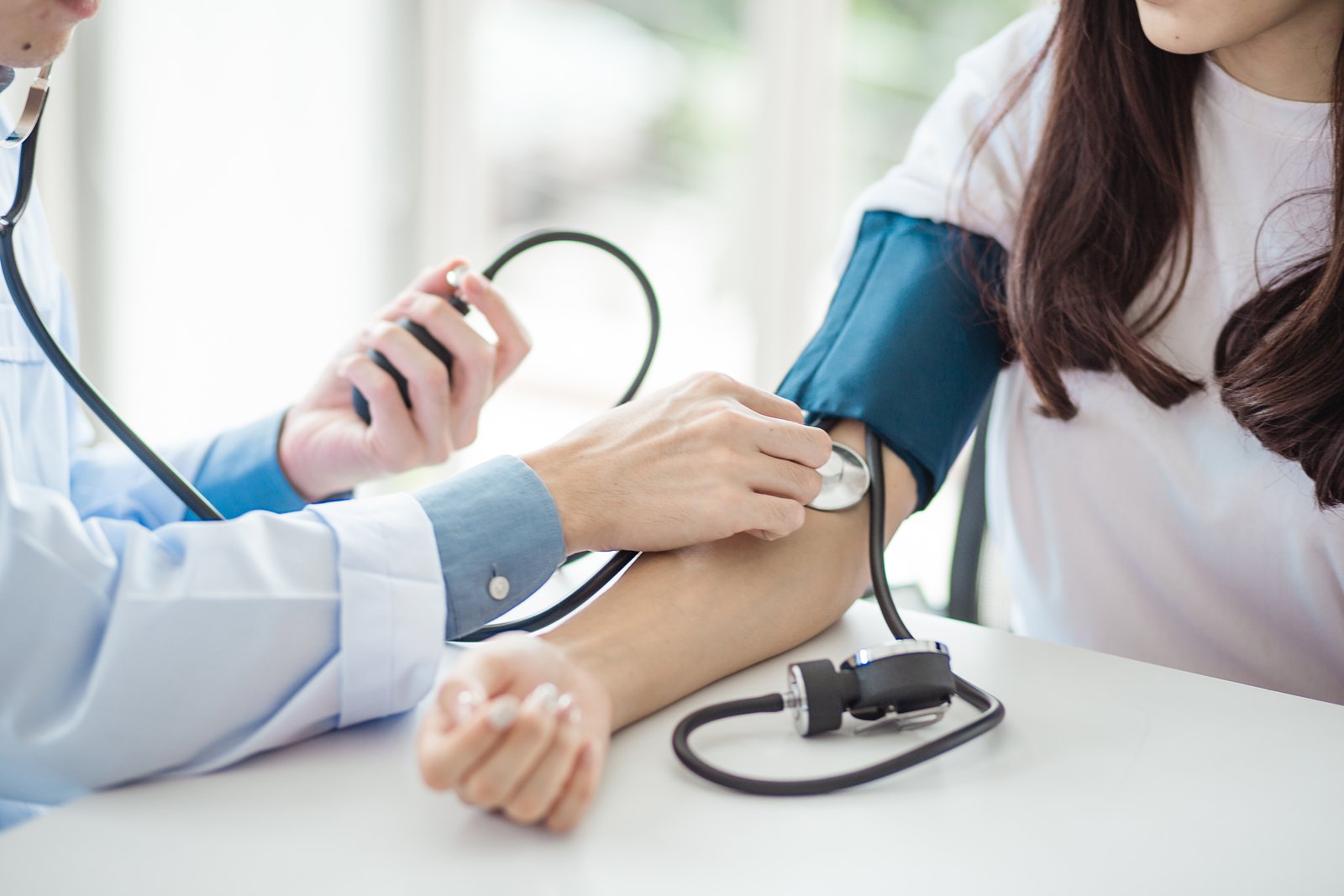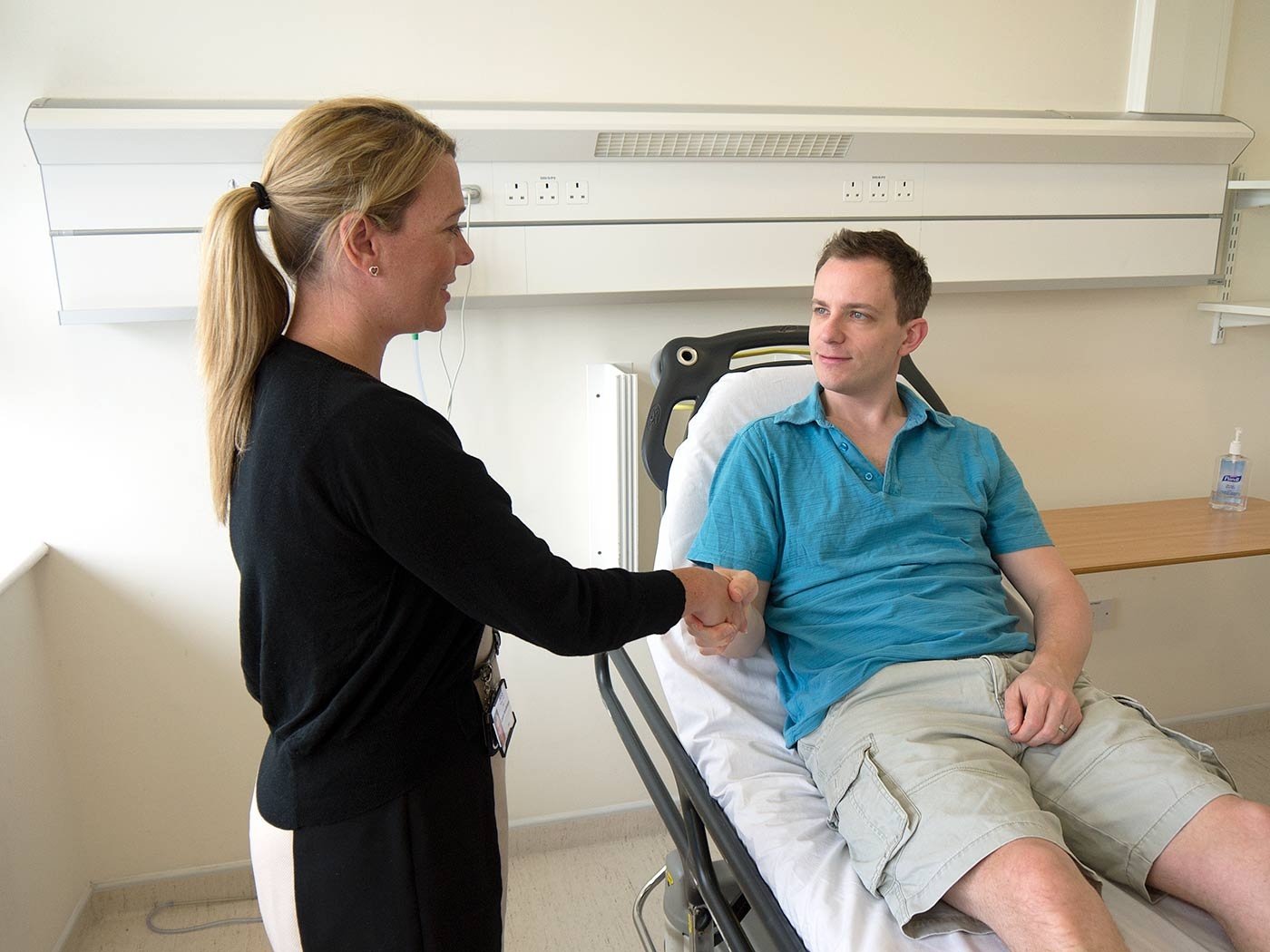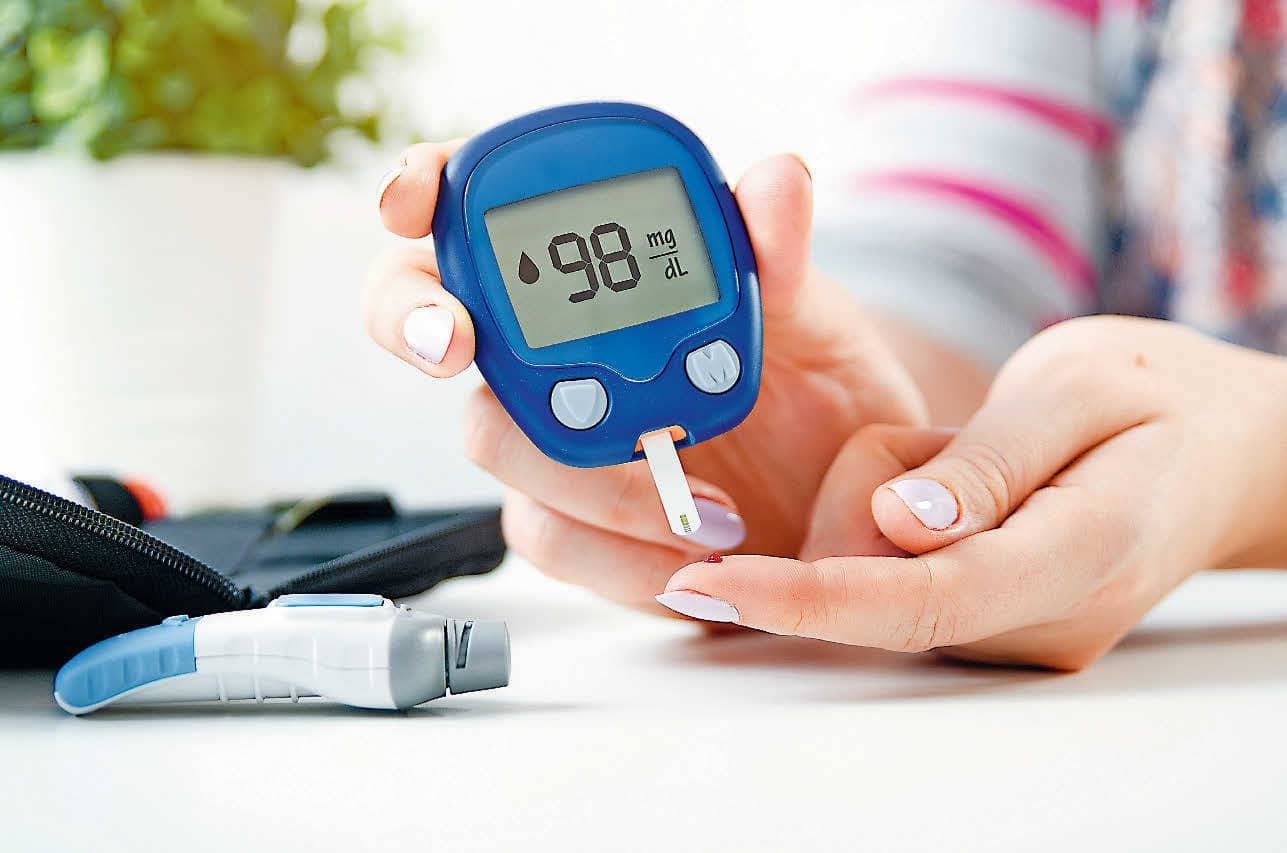
Women’s health care is a group of services geared toward women’s wellness, just as men’s health care focuses on problems unique to men. Although women’s health exams generally focus on reproductive health. in which your blood moves against your artery walls with excessive force for a long period of time. Eventually, untreated hypertension can harm your blood vessels and greatly raise your risk of heart attack, stroke, and other severe complications.
If you’re diagnosed with hypertension, you can control the condition and prevent serious complications through hypertension management
What are some common women’s health issues?
Many of the most common women’s health issues are reproductive system conditions and diseases, including:
Human papillomavirus (HPV)
Breast cancer
Cervical cancer
Ovarian cancer
Endometriosis
Uterine fibroids


Gynacolocgy or is the area of medicine that involves the treatment of women’s diseases, especially those of the reproductive organs. It is often paired with the field of obstetrics, forming the combined area of obstetrics and genecology (OB-GYN)A branch of medicine that specializes in the care of women during pregnancy and childbirth and in the diagnosis and treatment of diseases of the female reproductive organs.Gynaecologists diagnose and treat conditions specific to women. They can offer medical, hormonal and surgical treatments. Gynaecologists see their patients in a clinic or surgery and many operate in both public and private hospitals.


Infertility is a disease of the male or female reproductive system defined by the failure to achieve a pregnancy after 12 months or more of regular unprotected sexual intercourse. Infertility may occur due to male, female or unexplained factors.
Infertility is a disease of the male or female reproductive system defined by the failure to achieve a pregnancy after 12 months or more of regular unprotected sexual intercourse. Infertility may occur due to male, female or unexplained factors.“Fertility” describes the ability to conceive a biological child. Human reproduction requires three elements: mature sperm, mature eggs and a person with a uterus to carry the pregnancy and give birth. Some cancers and some cancer treatments affect fertility.


Abnormal uterine bleeding (AUB) is bleeding from the uterus that is longer than usual or that occurs at an irregular time. Bleeding may be heavier or lighter than usual and occur often or randomly.Abnormal uterine bleeding is bleeding between monthly periods, prolonged bleeding or an extremely heavy period. Possible causes include fibroids, polyps, hormone changes and — in rare cases Read the full fact sheet. Irregular vaginal bleeding is any bleeding from a woman’s vaginal area and usually refers to bleeding that is not part of a regular period. If you suffer from ongoing bleeding problems, see your local doctor for a full assessment to make sure there is no underlying disorder causing the problem …Abnormal uterine bleeding (AUB) is a common issue. Ovulatory dysfunction (anovulation or oligo-ovulation) is the most common cause of AUB in women of reproductive age and occurs most often in women > 45 years old (> 50% of cases) and in adolescents (20% of cases).


An acute illness is a health condition that develops quickly and lasts only a short amount of time, such as a few days or weeks. While acute illnesses come on quickly, they often improve once short-term or urgent care is provided. Common causes of acute illnesses include viruses, infections, or injuries.What Is An Acute Disease? An acute disease appears suddenly and lasts for a short amount of time. This is different from chronic diseases, which develop gradually and remain for months on end. Some examples include the influenza virus and the common cold.Acute diseases refer to a medical condition that occurs suddenly and lasts for a shorter period of time. Chronic diseases develop slowly and last for a lifetime. Chronic diseases are sometimes fatal. Acute diseases, if it persists for a long time, can be fatal, otherwise can be treated with certain medications.Some examples of illnesses that are acute include viruses like the flu and rotavirus, broken bones, and infections like urinary tract infections or pink eye. At times, some acute diseases can develop into severe ones and will need medical intervention.


Physical examination is the process of evaluating objective anatomic findings through the use of observation, palpation, percussion, and auscultation. The information obtained must be thoughtfully integrated with the patient’s history and pathophysiology.During a physical exam, an assessment of the body systems is conducted. Body system review includes observations of height and weight, ear, nose, and throat, neurological, cardio- vascular, respiratory, gastrointestinal, musculoskeletal, and integumentary systems.


Men’s health refers to the state of physical, mental, and social well-being of men, and encompasses a wide range of issues that are unique to men or that affect men differently than women.Men are more likely to die from chronic and serious diseases like: Heart disease: Men are at an increased risk for heart attacks and strokes, two leading causes of death among men. Nearly 350,000 men die of cardiovascular disease every year The term ‘men’s health’ is used here to refer both to the physical and mental health problems that are of concern for men and to health differentials among men.Heart disease and cancer top the list. Others include injury, lung disease, stroke and diabetes. Although you may not be able to prevent all of these, some can be prevented. Healthy lifestyle choices, such as eating a healthy diet and moving every day, can help.


About one-tenth of all Americans have diabetes today. Diabetes can shorten your life by more than a decade if you don’t protect your health, but fortunately, you can take some simple steps to manage your diabetes and remain healthy. As well, the team may recommend some of these diabetes management strategies if you have prediabetes, in which you have elevated blood sugar but don’t actually have diabetes. Prediabetes can progress to full-blown Type 2 diabetes, but good diabetes management can stop that from happening. For diabetes management from caring experts.Diabetes management refers to education, counseling, and treatments for Type 1 and Type 2 diabetes. Diabetes is a chronic disease, which means you’ll have it for the rest of your life. Keep in mind, however, that having diabetes doesn’t have to mean being sick constantly. With expert diabetes management, you can control your blood sugar and minimize the risk of complications such as nerve damage and cardiovascular disease.
